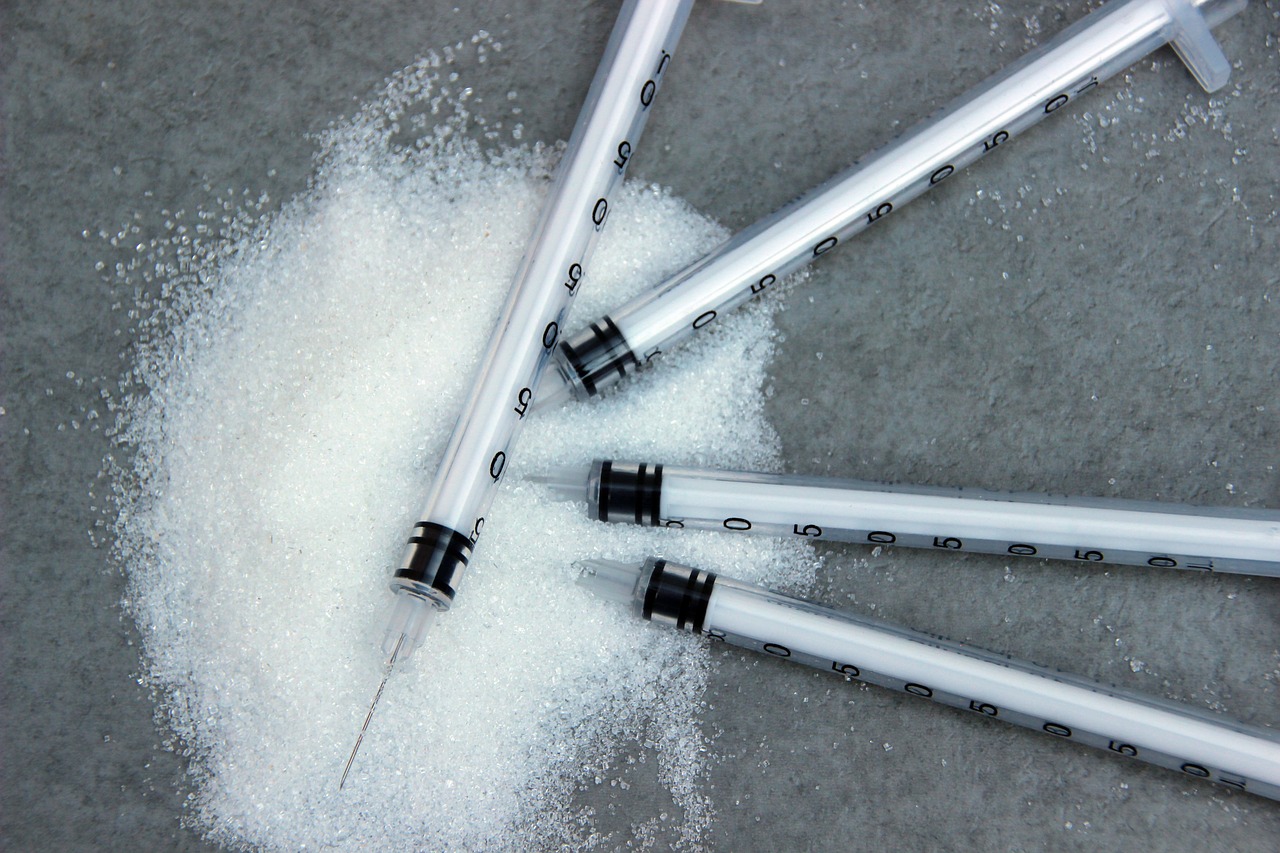If you have normal results from a cervical screening test, you only need to have one every 5 years — and it’s more effective than the Pap smear in preventing cervical cancers.
You should (and are eligible to) get a cervical screening test if you’re aged between 25 and 74, you have a cervix and you have ever been sexually active (even if you’re no longer sexually active).
Now, a self-collection method, added to the National Cervical Screening Program Guidelines, is making the cervical screening test even easier for people.
What’s involved in a self-test?
Although you can still choose to have your cervical screening test performed by a healthcare professional, you can also choose to collect the sample yourself. As of 1 July 2022, this self-collection option became available for all those eligible for the test.
If you’re eligible and choose to self-collect, you’ll have the test in a private area within the medical practice and be told how to do it. There, you can take a sample by inserting a swab a few centimetres into your vagina and rotating it for 10 to 30 seconds.
The test is simple, quick and safe, and is as accurate as a test performed by the doctor or a trained nurse. It’s also free under Medicare.
Who shouldn’t use the self-collection test?
The test detects signs of the human papillomavirus (HPV) only — a common infection that causes most cervical cancers. If you have symptoms of cervical cancer or are experiencing unusual bleeding, pain or discharge, you’re not recommended for self-testing. Speak to your doctor about what’s right for you.
Why is self-testing important?
Up to 90% of people who die from cervical cancer are either not up to date with their screening or haven’t participated in screening — despite being eligible.
It’s hoped that self-testing will increase screening participation rates, particularly among groups who may be under screened, and reduce the presence of this preventable cancer.
According to Jean Hailes for Women’s Health, these groups include those in rural and remote areas, Aboriginal and Torres Strait Islanders, culturally and linguistically diverse groups, those facing social and economic disadvantage, victims of sexual trauma and violence and those who haven’t prioritised their health.
Ultimately, the self-test may help get Australia closer to eradicating cervical cancer altogether.
For more information about cervical screening
- Book a cervical screening test with your doctor or nurse. Use the healthdirect Service Finder, to locate a healthcare provider near you.
- Register to receive a free SMS reminder the month your cervical screening test is due, from the Australian Cervical Cancer Foundation.
- Find out how to use the self-test at Cancerscreening.gov.au.
- Visit Jean Hailes for Women’s Health for information about cervical screening and general women’s health. You can also call 1800 Jean Hailes (532 642), Monday to Friday 9am-5pm.




